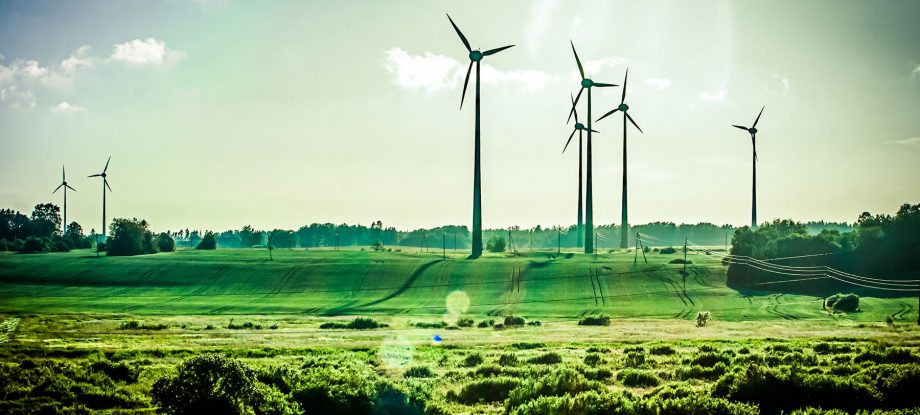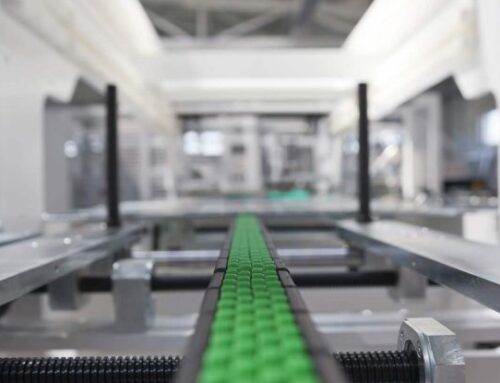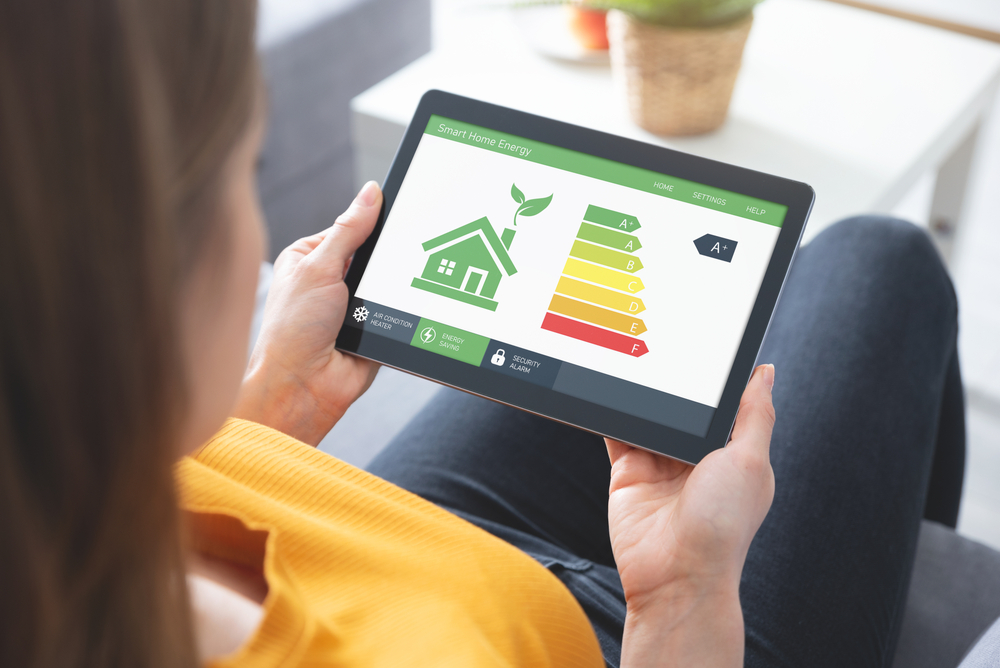Gas Combination Boilers
Some of the most common gas combination boiler problems that we encounter could be avoided if we only thought about it. We all tend to forget about the gas boiler until it stops working, you wake up ready for the morning shower only to find no hot water, the boiler has stopped working.
The best way to avoid any problems with the gas boiler is to have a regular maintenance contract to make sure the gas boiler is kept in good working condition. It’s strange, we know, that without the boiler working we have no hot water or central heating and yet most of us don’t bother getting it checked over till it breaks down.
The gas combination boiler
All gas combination boilers are very similar in the way they work, it does not matter what make or model you have, they all work basically the same.
What is a Gas combination boiler?
Combination boilers supply both hot water and central heating direct from the boiler, you do not need any water storage tanks for these boilers to work. When you demand hot water the boiler will fire up and give you continuous water until you turn the tap off. When the boiler is working, hot water has priority over the central heating, so if the central heating is on and you make a demand for water, the heating will go off while the boiler heats the water. Depending on how long you run the water you should not notice any difference in the central heating.
Common problem, Expansion Vessel
Most combination boilers have an internal expansion vessel fitted when the boiler leaves the factory the expansion vessel is all set up and ready to work. The expansion vessel is like a balloon, inside the vessel is a big rubber diaphragm that is charged with either air or nitrogen, while the boiler is working the water inside starts to expand and has to go somewhere, this is where the expansion vessel goes to work, it takes up the expansion of the hot water.
Overtime the expansion vessel loses it’s charge of air or nitrogen and will need to be reset for it to work as it should do.
So how do you know if the expansion vessel needs resetting?
Most gas combination boilers have a pressure gauge fitted to the front panel and it should read around 1 bar when cold, as the water heats up the gauge will rise to around 2 bar, should the gauge rise to 3 bar and above then you may have expansion vessel problem.
Have ever noticed that your boiler gauge is on zero and the boiler has gone to lockout?
Have you noticed water dripping from the boiler overflow pipe?
These are all symptoms of an expansion vessel problem.
The expansion vessel is a very important part of the boiler and needs to be checked every year with the annual boiler service, make sure you ask your gas safe boiler engineer to check the vessel as this seems to get missed from the service quite a lot.
Hot Water Problems
The next boiler problem is not as common but it will happen eventually if you don’t maintain your boiler.
Have you noticed the hot water is not getting as hot as it should be?
Has it overtime been taking longer to heat up?
Most gas combination boilers have a separate hot water heat exchanger to supply the hot water to the taps. When you make a demand for hot water the boiler fires up and the water circulates only within the boiler, it passes through the hot water heat exchanger and heats the water ready for you to use.
When the boiler was installed from new, the whole system should have been cleaned and flushed out to remove any dirty water and debris, once clean an inhibitor should have been added to the system water.
The inhibitor protects and prevents sludge build-up within the boiler and the radiators, over time the inhibitor dilutes down and needs to be topped up. This is normally carried out on the boiler service but again seems to get missed out.
If the system water has not been checked and the inhibitor topped up, then sludge will start to grow within the system. The hot water heat exchanger is one of the first places that the sludge will build up, this restricts the flow of water and the boiler starts to overheat and will shut down before the water has been heated to the correct temperature, once this happens the hot water at your taps will not heat up as it should and will eventually run cold.









Leave A Comment
You must be logged in to post a comment.